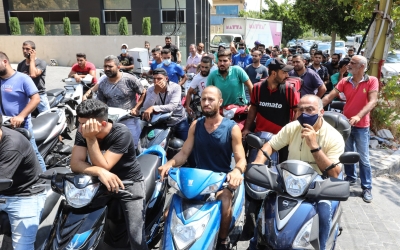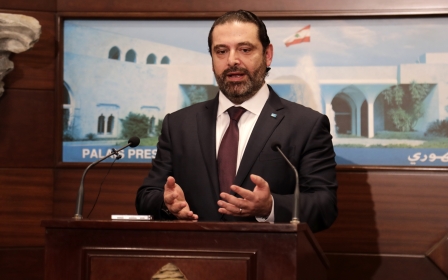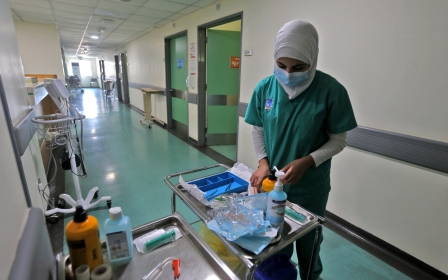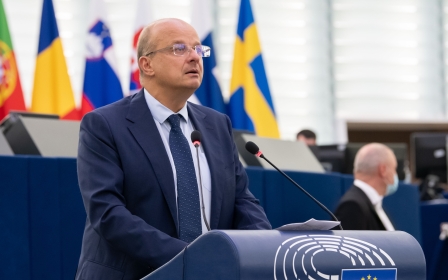Lebanon fuel crisis: Prices rise again as subsidies lifted
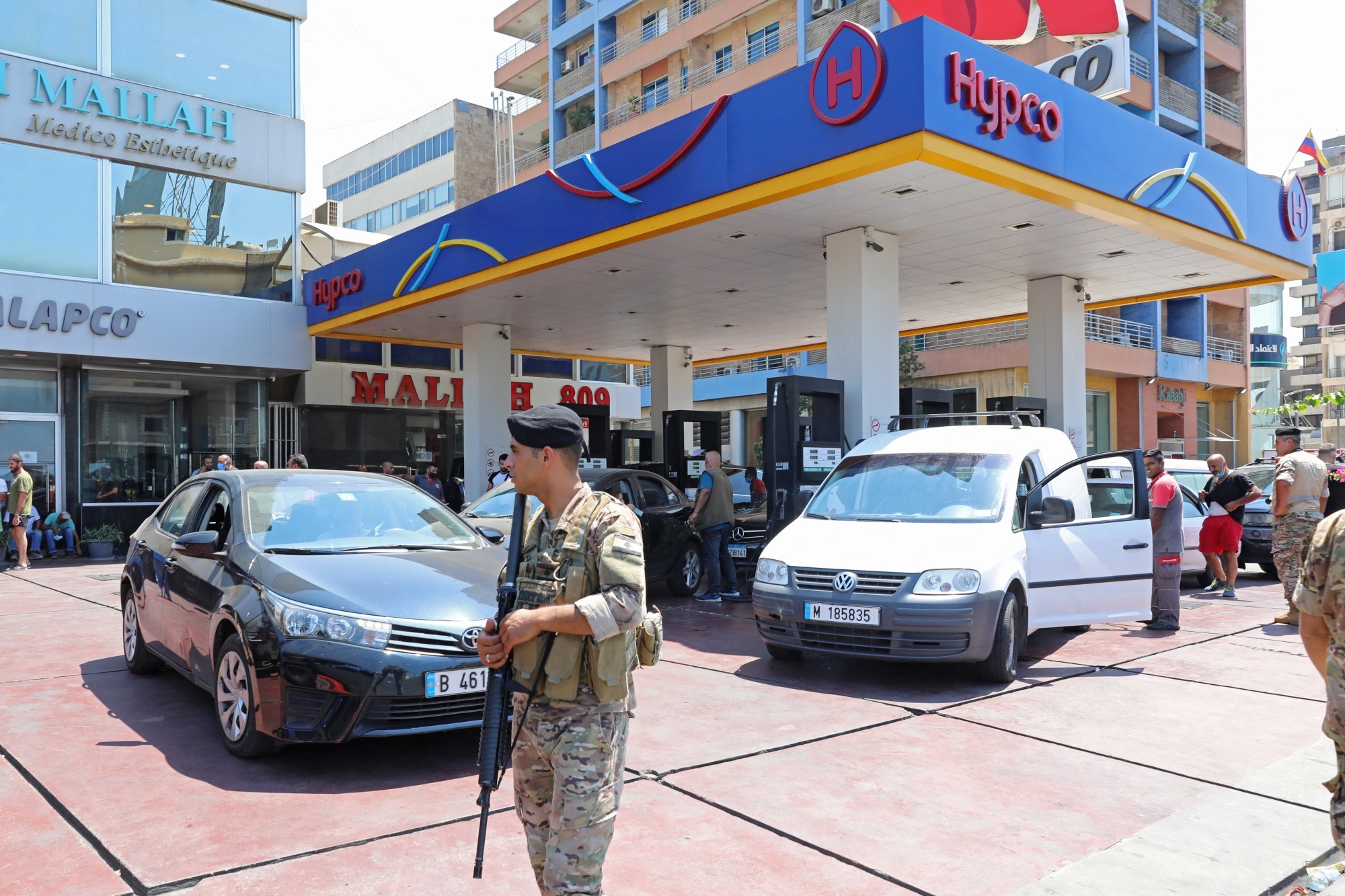
Lebanon raised fuel prices on Wednesday for the second time in less than a week amid severe rationing spurred by the collapse of a subsidy system and a devastating economic crisis.
Lebanon has gradually increased fuel prices in recent months because the cash-strapped central bank can no longer afford to fund fuel imports. while the Lebanese currency’s loss of 90 percent of its value in less than two years has pushed most of the population into poverty.
The latest price hike, expected to be followed by further increases in the coming weeks, is widely seen as a prelude to a final and definite lifting of fuel subsidies by the government.
The revised price list published by the energy ministry on Wednesday set the price of 20 litres of 95-octane petrol at 202,400 Lebanese pounds ($13 at the black market rate), up from 174,000 pounds the previous week ($11 on the black market).
Chaotic queues
Since the end of June, the price of petrol has more than tripled amid severe rationing that has turned entire streets into chaotic queues of cars waiting to fill up at the pumps.
To fill a medium-sized vehicle's tank, most Lebanese would now have to pay close to the monthly minimum wage of 675,000 Lebanese pounds ($43 on the black market), at a time when nearly 80 percent of the population is estimated to live below the poverty line.
George al-Brax, a member of the syndicate of gas station owners, told local media on Wednesday that the latest price hike was not "final," suggesting that prices will soon go up again.
He also cautioned that the imminent lifting of subsidies would not spell the end of long petrol queues.
The energy ministry's announcement on Wednesday came as many pumps across the country remained closed to customers.
Political paralysis
Importers and gas station owners say they are out of stock but authorities have accused them of hoarding supplies to sell at higher prices once subsidies are officially lifted.
Prime Minister Najib Mikati, whose government was sworn in on Monday after 13 months of political paralysis in the wake of last August's Beirut port explosion, told CNN this month that 74 percent of more than $10 billion dollars spent on subsidies had been "misused by traders".
Lebanon’s ruling political class has been largely blamed for the 4 August 2020 blast, as well as for leading the country into dire economic straits due to decades of corruption and cronyism.
Middle East Eye delivers independent and unrivalled coverage and analysis of the Middle East, North Africa and beyond. To learn more about republishing this content and the associated fees, please fill out this form. More about MEE can be found here.


